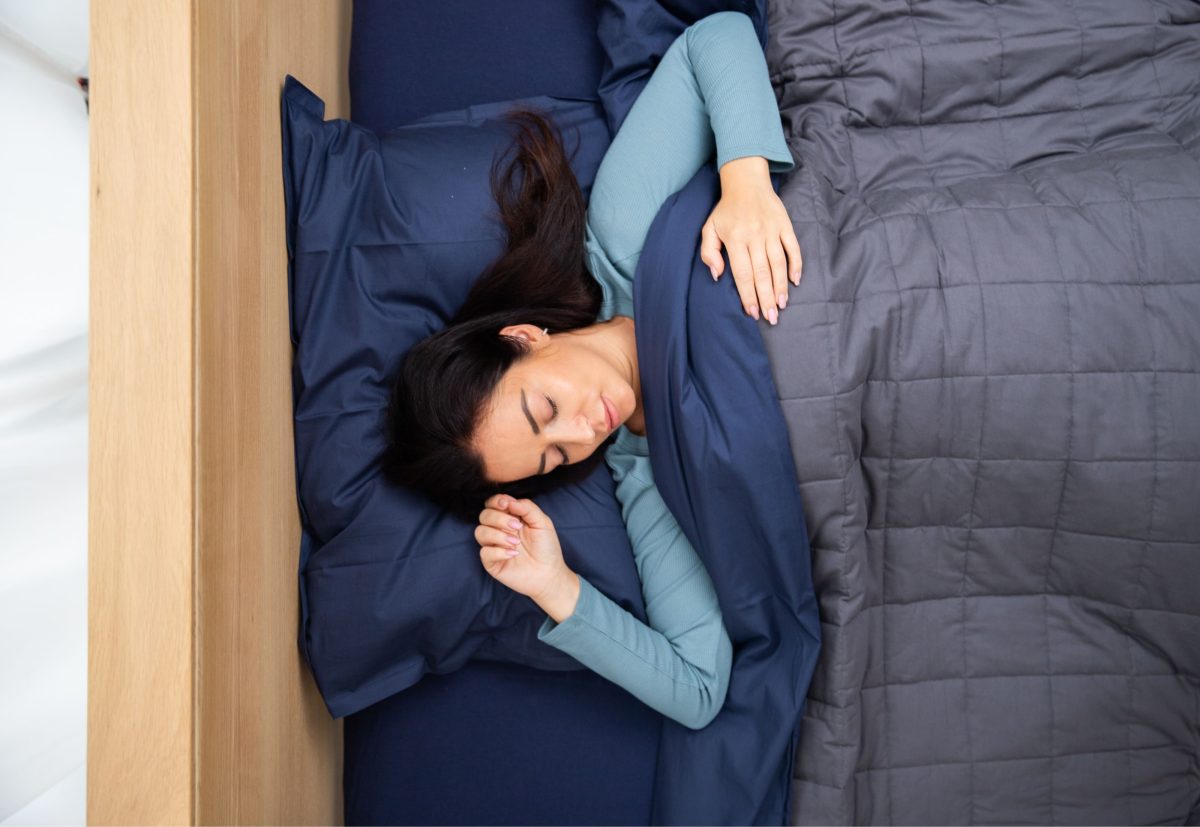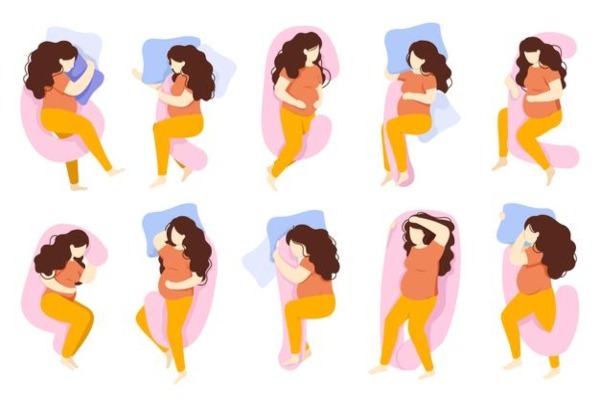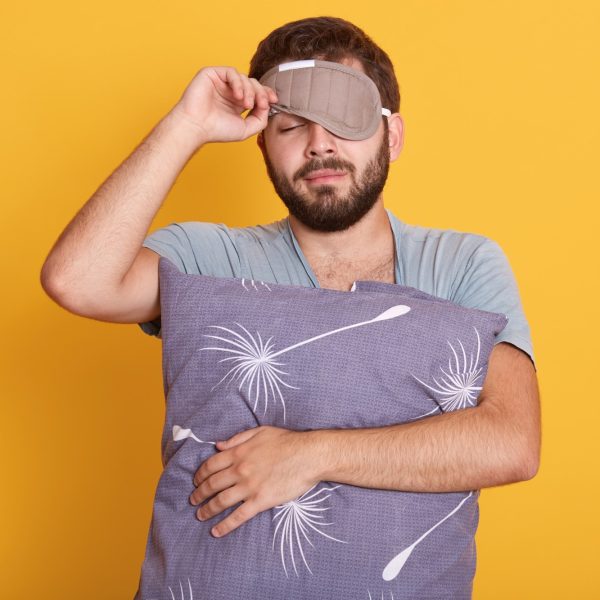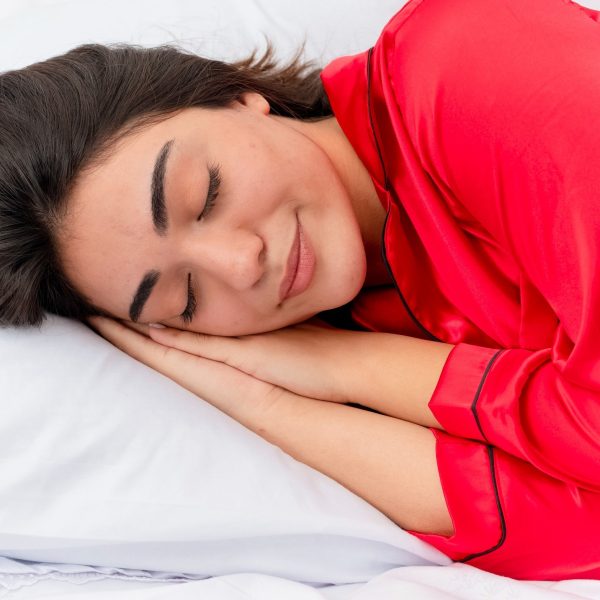Getting a full night’s sleep is incredibly important for our mental and physical health. However, an increasing number of people face severe difficulties falling and staying asleep through the night.
Multiple scientific studies have emphasized the importance of getting enough sleep, and how a lack of it can result in various short and long-term health complications. Sleep plays a pivotal role in our overall well-being, and impacts our cardiovascular health, our dietary patterns, and just about everything else from neural stability to our body’s overall immunity. Routine sleep issues can double the risk of cancer, and increase chances of developing Alzheimer’s. Reductions in sleep, even just for a week can affect blood sugar levels enough for you to be classed as pre-diabetic. In fact, a study published in the National Centre for Biotechnology Information found that being awake for 18 hours has the same effect on our cognitive abilities as being legally drunk!
Needless to say, getting adequate and quality sleep is critically important for everyone to maintain long term health as well as maximize daytime productivity. Here are 5 quick tips to ensure you sleep better –
Stick to a sleep schedule
The human body has its own regulatory system called the Circadian Rhythm – an internal clock which helps determine when it’s time to sleep, and when it’s time to be awake. Having a fixed schedule i.e. a specific time to go to sleep and get up helps tune this internal clock, and get the body ready for sleep at the correct time. Over time, following this schedule will make the process of falling asleep and getting up a lot easier. The optimal duration of sleep for adults is 7-9 hours, so ensure you get that much shut-eye!
Avoid gadgets for an hour before bed
While exposure to light is beneficial during the day, the same exposure after night-fall confuses the body, and tricks it into thinking it’s daytime. This suppresses the release of hormones like melatonin, which ensure that the body gets a deep and restful sleep. Blue light, which is emitted in large amounts by electronic devices like our mobile phones and laptop screens, is the worst of the lot. Try avoiding any blue light exposure from an hour before bedtime. If that’s not possible, wear anti-glare glasses that block blue light.
Maintain a cool ambient temperature
Your bedroom temperature can have a huge impact on your sleep quality. In fact, one study demonstrates that temperature can have an even bigger impact on sleep than noise / external sounds. Numerous studies have shown that a colder setting is better for sound sleep, and warmer temperatures make the body more wakeful. Most people find a room temperature of 20-22 degrees celsius suitable but keep your personal comfort level in mind and adjust accordingly.
Avoid alcohol, tobacco & caffeine before bed
While most people recognize coffee and other caffeine-containing products as harmful to sleep, they often overlook alcohol & tobacco consumption as a factor affecting sleep quality. Nicotine is a major stimulant for the body, and therefore consuming it before going to bed has a detrimental effect. In addition, the brain craving nicotine is more likely to wake up in the early morning to satisfy the urge. Similarly with alcohol, while chugging down a few may help shut your eyes faster, the process of breaking it down is actually a stimulant, which means that you’re likely to wake up sooner than expected.
Meditation exercises
Meditation can have a deeply calming effect on the body and mind, thereby making it a great practice to include in your bed time routine. It helps quieten the chatter in your mind, reduce the symptoms of insomnia, and experience lesser day time fatigue. A 2012 study published in the NCBI showed that meditation for good sleep can have a number of other physiological effects, such as better regulation of our levels of melatonin (a hormone that regulates sleep), and enhanced quality of rapid eye movement (or REM) sleep – the deepest state of rest.





















Share this article